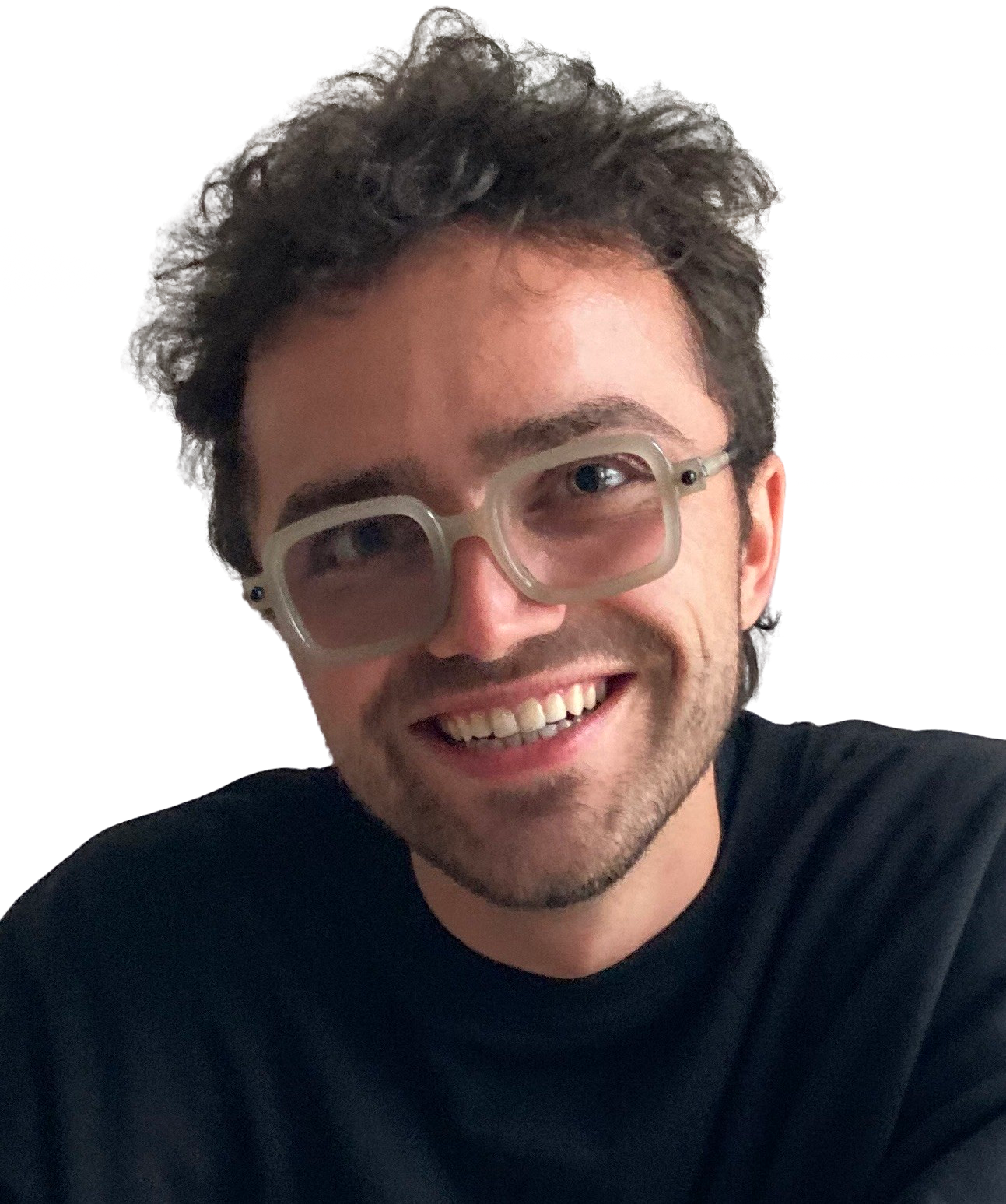In the ever-evolving landscape of education, the launch of Sophia Edu Labs' Open Source Video Curriculum marks a significant milestone. This innovative initiative combines the power of code-generated videos with open-source resources to transform the way we learn and teach high school mathematics. The potential impact of this project is enormous, and in this blog post, we'll delve into why and how we believe it will be a game-changer in education.
Why Sophia Edu Labs Open Source Video Curriculum Matters
Accessibility for All: Education is a fundamental right, and Sophia Edu Labs embraces this ethos. By making high-quality educational content openly accessible to anyone with an internet connection, the initiative empowers learners from diverse backgrounds and geographical locations to excel in mathematics.
Engagement through Visual Learning: Many students find mathematics challenging, but the power of visual learning can make complex concepts more approachable. Code-generated videos bring math to life, making it easier to understand and inspiring a love for the subject.
Flexibility in Learning: Traditional classroom settings may not suit everyone's learning style. With Sophia Edu Labs, learners can access video curriculum materials at their own pace and convenience. Whether you're a student or an educator, you can adapt the curriculum to your specific needs.
Open Source Collaboration: The open-source nature of this project encourages collaboration and contribution from educators, experts, and enthusiasts worldwide. This collaborative effort fosters continuous improvement, ensuring that the curriculum remains up-to-date and relevant.
How Sophia Edu Labs Open Source Video Curriculum Works
Code-Generated Videos: The heart of the curriculum lies in its code-generated videos. These videos visually explain mathematical concepts using code and graphics. They break down complex topics into digestible, step-by-step explanations that students can easily follow.
Code Access: Not only do learners get to watch these videos, but they can also access the underlying code. This feature promotes transparency and helps students deepen their understanding by exploring the code themselves. It's a hands-on approach that empowers learners to become creators rather than passive consumers.
Community-Driven Content: The curriculum thrives on community contributions. Educators, programmers, and mathematicians are encouraged to share their knowledge by creating new videos, enhancing existing ones, or suggesting improvements. This collaborative ecosystem ensures that the curriculum stays relevant and diverse.
Open Source Philosophy: Sophia Edu Labs is committed to the principles of open source. All content is freely available, and the platform welcomes input and feedback from the community. This approach ensures that education remains a collaborative effort rather than a profit-driven endeavor.
In conclusion, the launch of Sophia Edu Labs' Open Source Video Curriculum represents a significant leap forward in the world of education. It democratizes access to high-quality math education, harnesses the power of visual learning, and fosters a global community of learners and educators. With this innovative approach, Sophia Edu Labs is poised to revolutionize the way we teach and learn mathematics, making education more inclusive and engaging for all.
